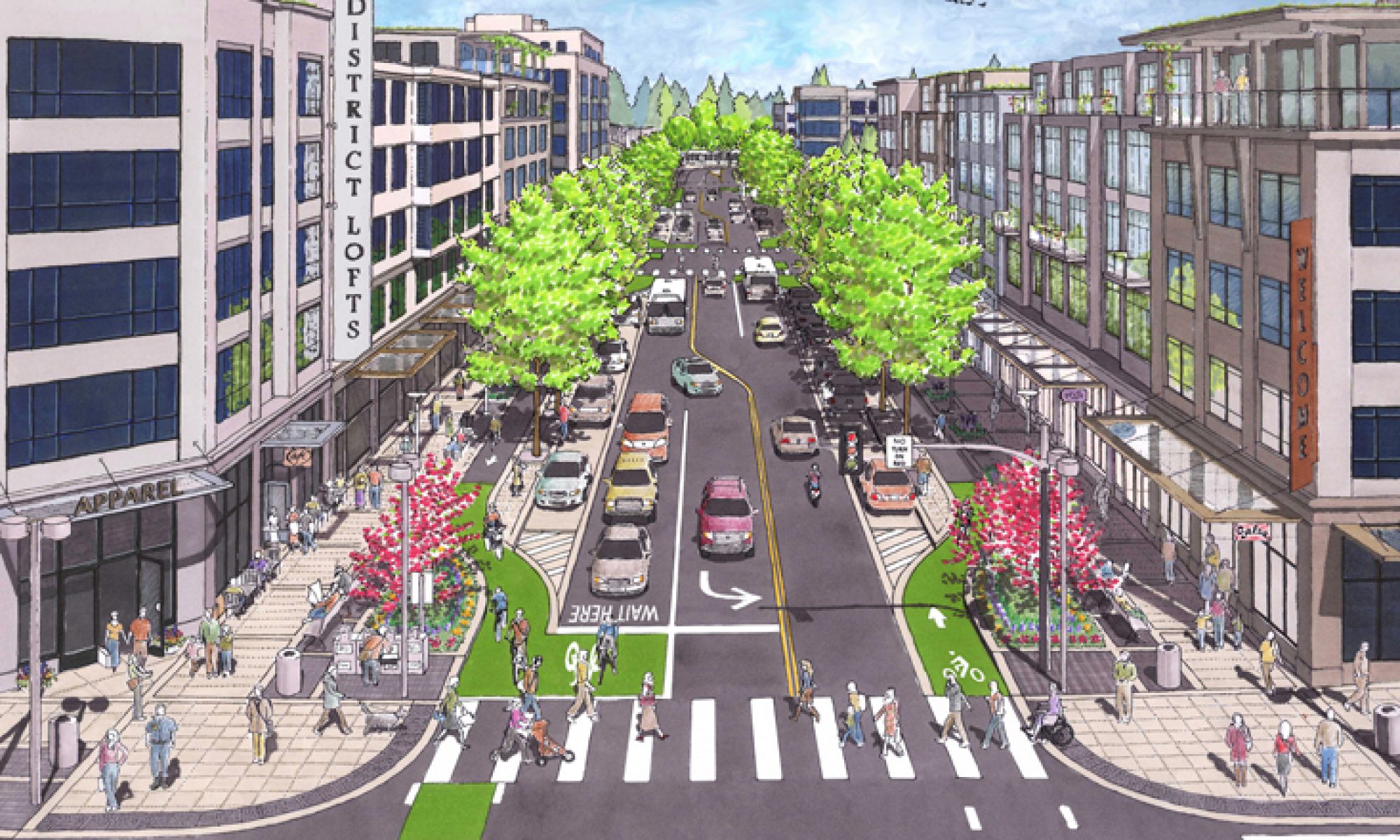Question: Among our readers, who, like me learned to drive at a time when we were taught that pedestrians had the right of way? I was taught when I was behind the wheel that I had the awesome right and responsibility to drive a huge metal engine-powered machine, and I had to look out for those more vulnerable on the road. Things seem to have changed. Right now we can see daily reports from cities everywhere of drivers involved in hit and run, and other fatal crashes with people walking and riding bikes, in which drivers are getting away with “failure to yield”, or “reckless driving”. (Police reports say: “She came out of nowhere.” “I didn’t see him.” Or even more ridiculous, “He/she wasn’t wearing a helmet.”)
We’re in the midst of a crisis of an health crisis of vaping. There have been 13 fatalities to date, and may be more to come. It’s a serious problem and it’s in the news every day. But we don’t see a similar response to car crash deaths that occur daily by the hundreds and yearly by tens of thousands! The National Safety Council (NSC) estimates that in 2018, 40,000 people died in car crashes (and almost the same number deaths from guns, but that’s another discussion). We have normalized car-related deaths as built-in to our dependence on driving. The US can do so much better, and things are beginning to change -very gradually. It takes time to change a culture. Cities like Asbury Park are making strides to create streets that are safe for everyone, especially the most vulnerable – walking, riding bikes, pushing strollers, navigating wheelchairs, and yes, scooters too. (Check out scooter education on Sunday 9/29!) Watch for continued improvements to infrastructure all over Asbury Park with the goal is to increase availability, convenience, and safety of micro mobility, and reduce car dependency, as it becomes less convenient and less desirable to drive.
Cyclist Deaths Are Exploding Because U.S. Cities Are Car-Friendly Death Traps
Bike-related fatalities are up 25 percent across the U.S. since 2010.
In 2019, more and more cities across America are encouraging their residents to commute by bicycle. Cycling, of course, is good for the environment in terms of reducing pollution from car-dominant streets, and it’s a healthier way to travel.
But cities gaining new cyclists are quickly, tragically finding that they do not have the proper infrastructure to keep them safe. Cyclist fatalities have gone up 25 percent across the U.S. since 2010, and up 10 percent in 2018 itself, while all other traffic fatalities have decreased.




